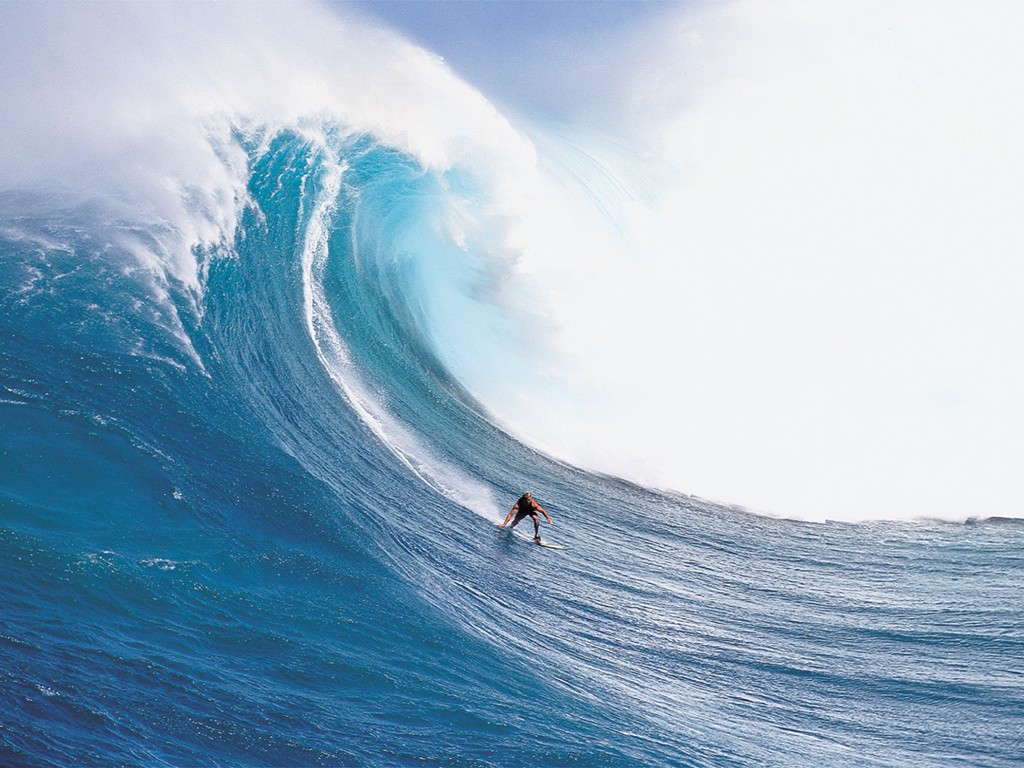(Total Views: 321)
Posted On: 07/25/2022 7:17:08 PM
Post# of 128558
Re: energy_wave #88021
We want your farm, your land, your food - WEF
Quote:
We want your farm, your land, your food. WEF.
The proposed nitrogen policy of the Dutch government, which may require the mass slaughter of animals and may result in the closure of approximately a third of the nation's farms, threatens the livelihoods of Dutch farmers.
According to Michael Yon, a war correspondent who recently came to the Netherlands to cover the Dutch farmer protests, if this policy is put into effect, it will have huge security ramifications, not just for the Netherlands, but for all of Europe and the world.
Yon recently stated in an interview for EpochTV's "Crossroads" program that despite having a population of only 17 million, the Netherlands is the second-largest food exporter in the world. "They have the world's most productive farmers, "In order to fulfill targets for nitrogen greenhouse gas emissions, the coalition government of the Netherlands recommended reducing the nation's cattle population by 30%.
To reduce nitrogen emissions, the nation has already enacted tight regulations on new construction.
According to the Dutch bank Rabobank, these new obstacles have slowed home construction in the Netherlands, worsening a housing crisis in the heavily populated coastal country.
According to a release from the U.S. Department of Agriculture, Christianne van der Wal, the Dutch Minister for Nitrogen and Nature Policy, revealed a strategy to lower nitrogen emissions in the Netherlands on June 10.
The statement read, "Depending on the location, the Dutch provinces are responsible for developing commensurate measures to accomplish nitrogen emission reductions between 12 and 70%."The impact on farmers in some provinces would be extremely severe.
The Dutch government admitted that "this method does not provide a future for all Dutch farmers."According to the Netherlands Chamber of Commerce, nitrogen pollution is caused by burning fossil fuels, livestock dung, and agricultural fertilizers. According to Barron's, farmers would have to lower their cow herds by 30% in order to adopt the suggested plan.
Yon, though, asserted that Dutch farmers have been cultivating the soil for thousands of years and do not pollute the ecosystem.
According to Yon, the World Economic Forum (WEF) is using nitrogen as a scapegoat and a pollutant to control the food supply and drive farmers out of business.
The proposed restrictions led to protests among Dutch farmers in June, and truckers joined a huge protest that began on July 4.
Through the decentralized use of social media, Dutch farmers, truckers, and others organized blockades of food distribution centers around the country's northwest Europe, leaving grocery shelves empty.
The demonstrators also intended to hold demonstrations at other airports across the country, notably Schiphol Airport and Eindhoven Airport.
According to Yon, Dutch farmers and truckers are aware that their government is carrying out the WEF's recommendations, which aim to seize their land and regulate their food supply."You control those people fully if you control the food supply," he stated.
According to Yon, Dutch farmers are highly educated and skilled business people as well as farmers.
They are aware that losing will result in their losing their source of income and that their loss will have an impact on many generations, he said."Farmers are organizing. They are aware that their businesses will be destroyed, which would result in a food crisis throughout Europe, according to Yon.
According to Yon, Germany and some other nations are implementing similar laws. He said that some German farmers who wish to express their support are also participating in the Dutch protest.
A 2019 white paper that the WEF commissioned estimates that between 7 and 18 percent of the world's greenhouse gas emissions come from cattle. "Producers might lower their livestock emissions by up to 30% with technical and financial support to adopt new methods."The study suggests a few strategies for supplying future demand for meals derived from animals.
They will be struck sooner or later, he said. "Would you rather be ruled by the beast forever, or have your shelves empty right now for only a really short time?"
Yon said, "That's how Stalin did it when he got rid of the kulaks."When Ukraine was a Soviet republic, Soviet leader Joseph Stalin ordered the collectivization of agriculture there.
The Soviet authorities ordered small or subsistence farmers to give up their properties to the government and work as laborers on government-owned communal farms, in spite of the fact that the majority of Ukrainian farmers opposed collectivization.
A man-made famine known as the Holodomor, which killed many millions of people between 1932 and 1933, was caused when villages were unable to achieve the quotas and the authorities stole all the harvests and
Thanks for watching. Please consider subscribing to the channel

